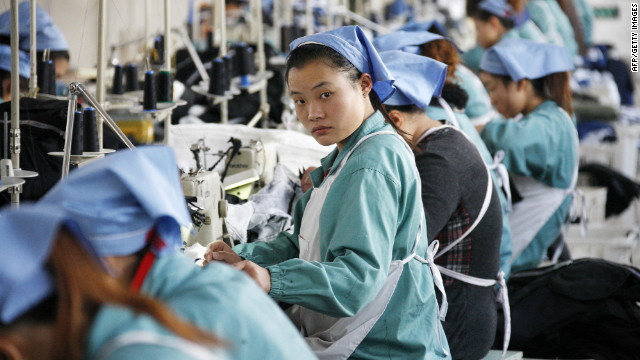James A. Morrissey, Washington CorrespondentTestifying at a hearing called by the US Trade Representative to assess China's compliance with its World Trade Organization commitments, Cass Johnson, president of the National Council of Textile Organizations, said that unless the US government does something to combat China's "predatory export policies," US manufacturing cannot revive and be competitive.
Last year, the United States had a $37 billion textile and apparel trade deficit with China, and while it is off by some 5 percent so far this year, as a result of the economic recession, the textile trade deficit worldwide is down by 19 percent, including significant declines with Asian countries ranging from 90 percent with Hong Kong, 32 percent with Taiwan and 89 percent with Japan. Johnson said that in the past 10 years, one in four manufacturing jobs in the United States has been lost, while Chinese exports to the United States have quadrupled. He cited four areas he believes the US government should address in order to reverse that trend and strengthen the economy:
|
|
Textile Association Calls For China Trade Reforms
Updated: 2009-10-14 Source: Textile World

Recommended News
Photo Gallery
Most Popular



